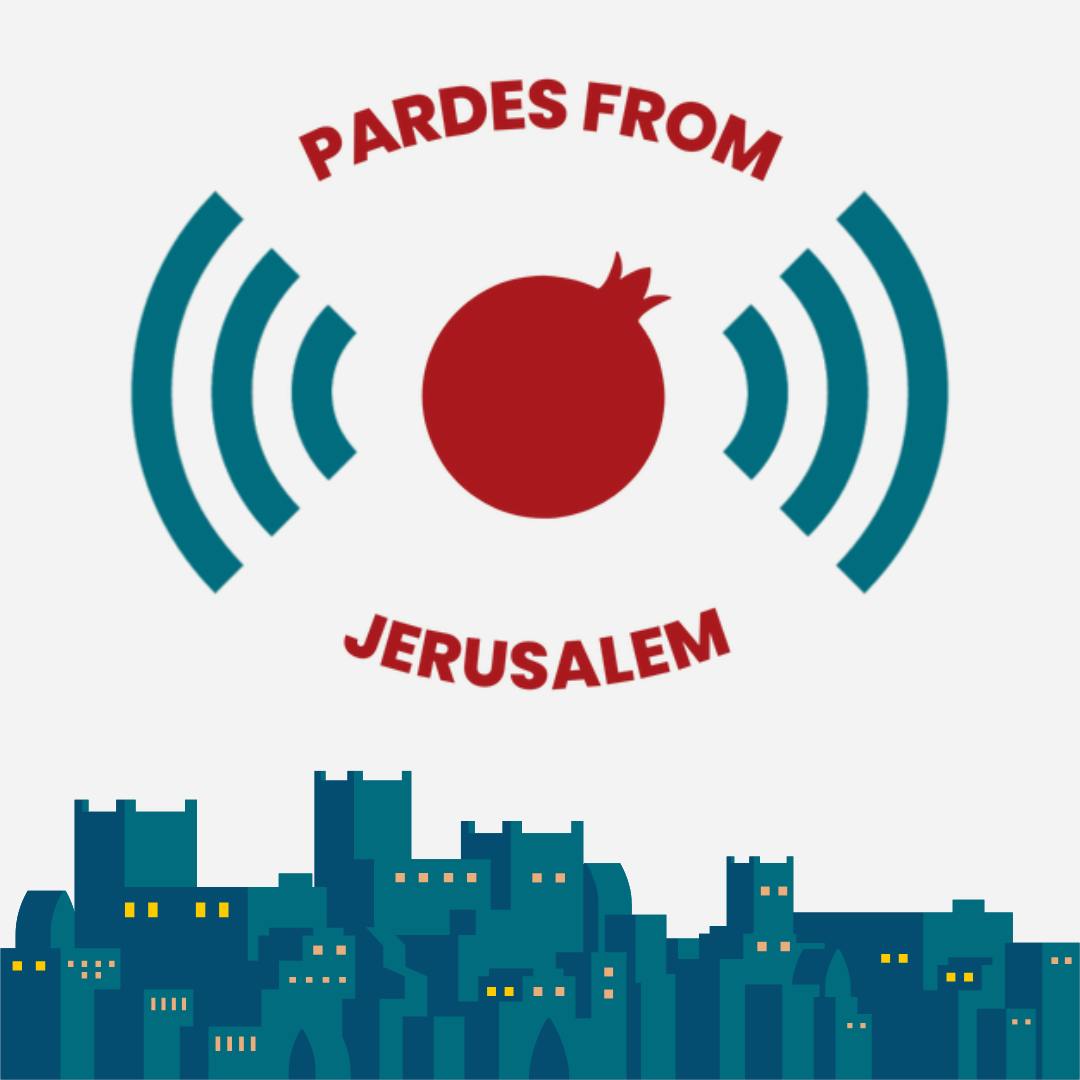Listen "Devarim 5781: The Words of Moses — The Torah’s First “Translation”"
Episode Synopsis
This podcast was originally published in 2017 and even more relevant today.
Devarim 5781: The Words of Moses — The Torah’s First “Translation”
In many ways, the book of Deuteronomy — a series of long discourses by Moses — is a sort of "translation" of the earlier four books of the Torah. This characterization is quite ancient. In the midrash, the Rabbis connected the book of Deuteronomy associatively to the debate over translating the Torah into Greek centuries later. In so doing, they explored the questions of the ways in which Torah can enrich, and can be enriched by, other languages. At the root of their discussions is the notion that the Torah transcends language and that its words can be a source of healing.
Sources include Megillah 8b and Megillah 9a, Soferim 1:7, Devarim Rabbah 1:1 and Ezekial 47:11
Download the Source Sheet
Dive deep with 9 days of curated Tisha B’Av themed podcasts by Pardes North America from the Pardes archive. In memory of Pardes students Marla Bennett, Ben Blutstein, Sara Duker, and Matt Eisenfeld ז”ל. Access these 9 podcasts as a direct download, or wherever you listen to your Podcasts!
Please let us know your comments and thoughts about the podcast, write us to us at [email protected].
Credits
Rabbi Leon Morris - Pardes President, Faculty and Host for Pardes from Jerusalem Podcast
Arlene Harel – Production Coordinator
Rabbi Adam Titcher - Director of Digital Media at Pardes and Executive Producer
Devarim 5781: The Words of Moses — The Torah’s First “Translation”
In many ways, the book of Deuteronomy — a series of long discourses by Moses — is a sort of "translation" of the earlier four books of the Torah. This characterization is quite ancient. In the midrash, the Rabbis connected the book of Deuteronomy associatively to the debate over translating the Torah into Greek centuries later. In so doing, they explored the questions of the ways in which Torah can enrich, and can be enriched by, other languages. At the root of their discussions is the notion that the Torah transcends language and that its words can be a source of healing.
Sources include Megillah 8b and Megillah 9a, Soferim 1:7, Devarim Rabbah 1:1 and Ezekial 47:11
Download the Source Sheet
Dive deep with 9 days of curated Tisha B’Av themed podcasts by Pardes North America from the Pardes archive. In memory of Pardes students Marla Bennett, Ben Blutstein, Sara Duker, and Matt Eisenfeld ז”ל. Access these 9 podcasts as a direct download, or wherever you listen to your Podcasts!
Please let us know your comments and thoughts about the podcast, write us to us at [email protected].
Credits
Rabbi Leon Morris - Pardes President, Faculty and Host for Pardes from Jerusalem Podcast
Arlene Harel – Production Coordinator
Rabbi Adam Titcher - Director of Digital Media at Pardes and Executive Producer
More episodes of the podcast Pardes from Jerusalem
Chayei Sarah 5786: Life after loss
09/11/2025
Vayera 5786: In Service of Faith
03/11/2025
Lech Lecha 5786: Seeing the Flames
26/10/2025
Noach 5786: Rebuilding the World
20/10/2025
Bereshit 5786: Creation and Connection
15/10/2025
Sukkot 5786: Holding the Tension
05/10/2025
Ha’azinu 5786: Forgiveness and Its Limits
28/09/2025
Vayelech 5785: Writing Torah, Living Torah
21/09/2025
Netzavim 5785: Tears of Hope
14/09/2025
Ki Tavo 5785: Gratitude and Hope
07/09/2025
 ZARZA We are Zarza, the prestigious firm behind major projects in information technology.
ZARZA We are Zarza, the prestigious firm behind major projects in information technology.
